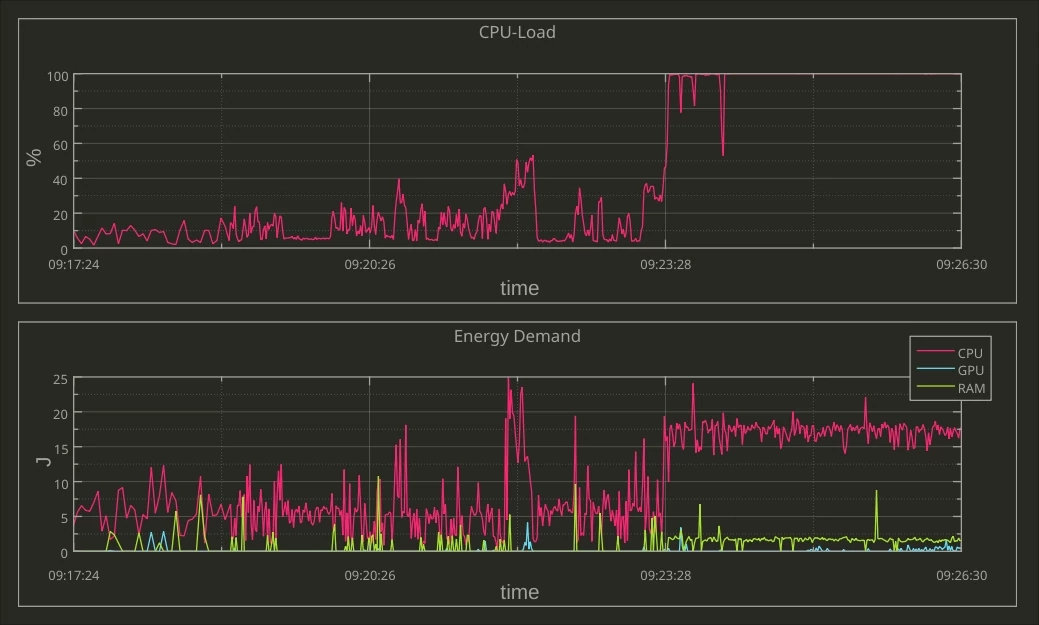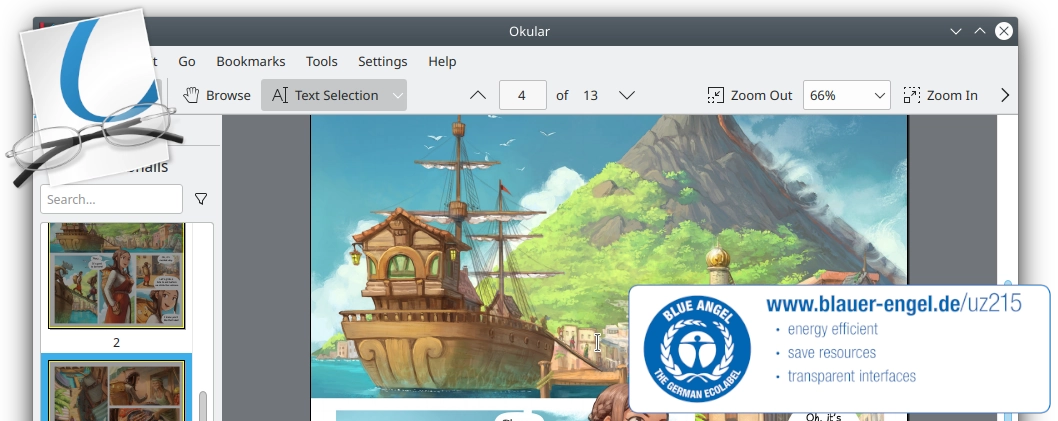KDE Eco - Building Energy-Efficient Free Software
Software has a direct affect on energy and resource consumption. KDE has the goal of providing software which does this in a way that reduces software's environmental impact.
Let’s make energy efficient software and digital sustainability part of our community. We can live up to our responsibility for this and future generations!
KDE Eco Handbook
The handbook "Applying The Blue Angel Criteria To Free Software" gives an overview of the environmental harm driven by software and how the Blue Angel ecolabel — the official environmental label of the German government — provides a benchmark for sustainable software design. Learn how Free Software's values of transparency and user autonomy foster sustainability, as well as how to set up a dedicated lab to measure your software's energy consumption! Read more
Okular Awarded Blue Angel Ecolabel
In 2022, KDE's popular multi-platform PDF reader and universal document viewer Okular became the first ever eco-certified computer program! Read More
News from the blog
Ensuring KEcoLab Stability: Introducing Dedicated CI-Test
How Selenium Helps Build Sustainable Software (And More)
KEcoLab in SoK24: Incorporating Energy-Consumption Measurements In The CI/CD Pipeline
Introducing Support For KdeEcoTest On Windows
KDE's Sustainable Software Goal
Software has an impact on our future. It has an affect on energy and resource usage. KDE can deliver software which does this in a way which preserves environment and society for us and future generations. KDE can deliver Sustainable Software.
The sustainable software goal is about promoting sustainability in KDE by aligning existing activities, highlighting where our software is already sustainably designed, stimulating actions to increase sustainability, and creating standards/tools to quantify software sustainability.
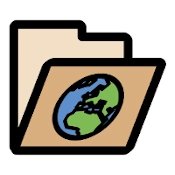
FOSS Energy Efficiency Project (FEEP)
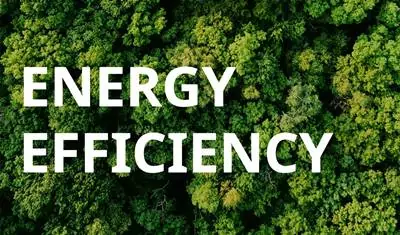

FEEP is developing tools to improve energy efficiency in Free & Open Source Software development. Design and implementation of software has a significant impact on the energy consumption of the systems it is part of. With the right tools, it is possible to quantify and drive down energy consumption. This increased efficiency contributes to a more sustainable use of energy as one of the shared resources of our planet.
Blauer Engel For FOSS (BE4FOSS)
In 2020, the German Environment Agency (German: Umweltbundesamt) released the award criteria for eco-certifying desktop software with the Blue Angel ecolabel (German: Blauer Engel). From 2021-2022, the BE4FOSS project under KDE Eco worked to advance eco-certification for resource and energy-efficient software in FOSS communities. Obtaining the Blue Angel ecolabel occurs in 3 steps: (1) Measure, (2) Analyze, and (3) Certify.
Benefits of obtaining the Blue Angel ecolabel include:
- Recognition of reaching high standards for environmentally-friendly software design,
- Differentiating free software from the alternatives,
- Increasing the appeal of adoption for consumers, and
- Promoting transparency in the ecological footprint of software.
Learn more in the KDE Eco handbook "Applying The Blue Angel Criteria To Free Software".
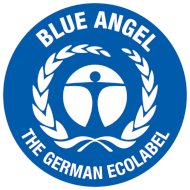
This Website Is Hosted Green
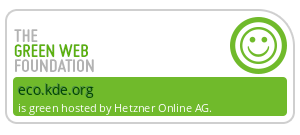
This website was checked by the greenwebfoundation.org and is labelled "hosted Green".
Website is hosted by: Hetzner Online AG. Supporting evidence for this hoster's claims:
